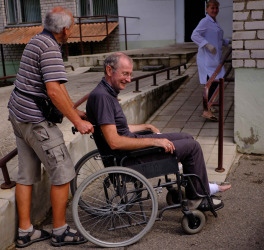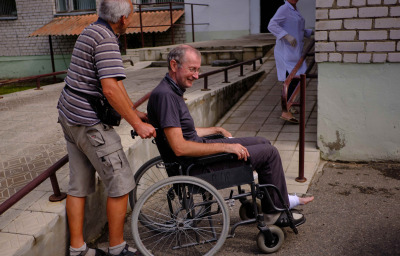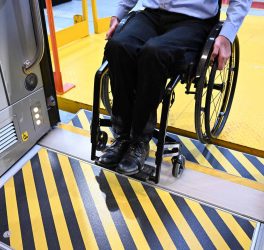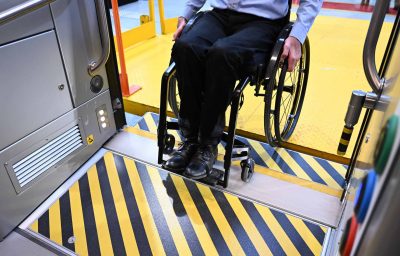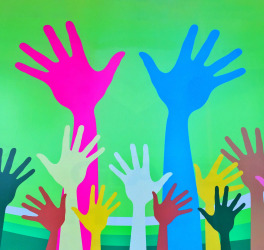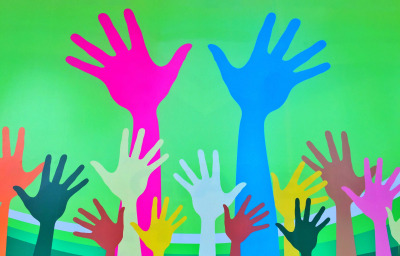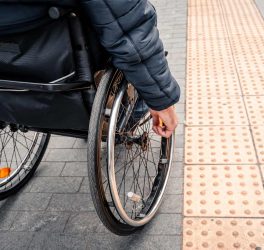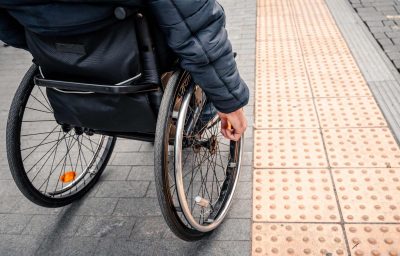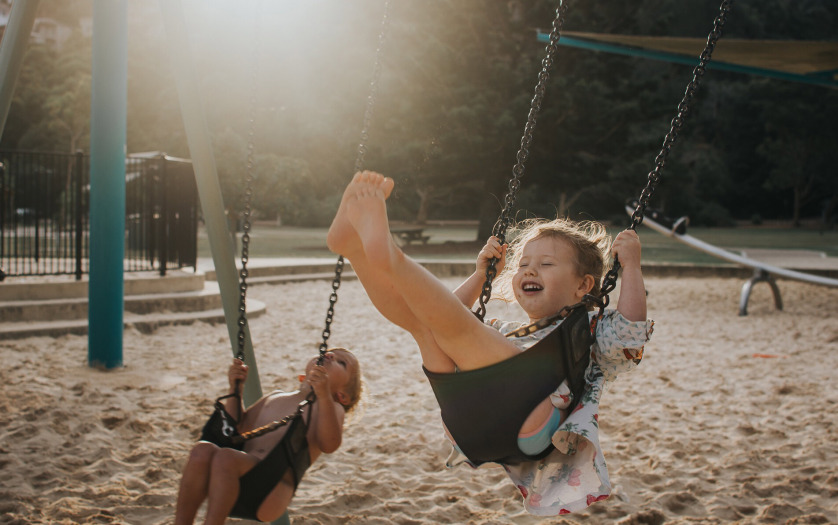
The Albanese Labor Government has continued its commitment to improving the lives of families and children by providing long-term funding certainty for the Children and Parenting Support (CaPS) and Budget Based Funded (BBF) programs.
A total of 166 projects across each state and territory will share in a $138.5 million funding extension for up to three years.
Rural, regional and remote locations – along with those who support First Nations, culturally and linguistically diverse families and those living with disability – will be among the projects funded, further solidifying the Government’s commitment to all Australian families.
The funding extension is the longest extension the projects have been offered under CaPS and BBF in recent years and will provide certainty to providers.
CaPS services help improve children’s wellbeing and development by building the confidence and capacity of parents, carers and children through activities such as playgroups, parenting courses, home visiting, peer support groups and school readiness programs.
The BBF program focuses on providing Australian families with flexible, affordable and accessible adjunct care and early learning services such as crèches, after school or school holiday programs and free or low-cost childcare for parents who work outside 9 to 5, are undertaking training or attending other community services.
The Government will also further support families to learn and grow with an additional funding injection of $8.2 million shared between Playgroup Australia and Playgroup Western Australia to expand locations, establish intergenerational playgroups and boost participation through subsidised membership fees.
This is delivering on Labor’s election commitment.
Minister for Social Services Amanda Rishworth said the projects are critical in improving the wellbeing of children and families across Australia.
“These programs build strong and resilient families, who are supported to find solutions to any problems that might affect the wellbeing of their family, and who are equipped with the resources they need to support their children to grow and thrive,” Minister Rishworth said.
“Providing funding certainty also means the services can better plan and invest in long-term improvements – leading to better outcomes for families.”
In 2021-22 a total of 51,154 individual clients accessed CaPS and BBF services.
Over the next three years, the Government will evaluate the way these programs work and engage in consultation with the community to make sure these services and support continue to achieve the best outcomes for children and families.
As part of this extension, all BBF services will be rolled into the CaPS program, to enable better aligned support coordination and administration across the programs.
“There will be no changes to the service delivery of BBF programs for families and children – the change is largely administrative,” Minister Rishworth said.
“What it does mean is that BBF providers will have improved flexibility around the services they provide.
“This will help providers to more easily adapt to circumstances such as COVID where they may not be able to deliver their usual services, or where they have identified a change in the needs of their community.”
BBF providers will be supported by Department of Social Services staff through the transition.
For further information about the programs under the Families and Children Activity, visit the Department of Social Services website.

